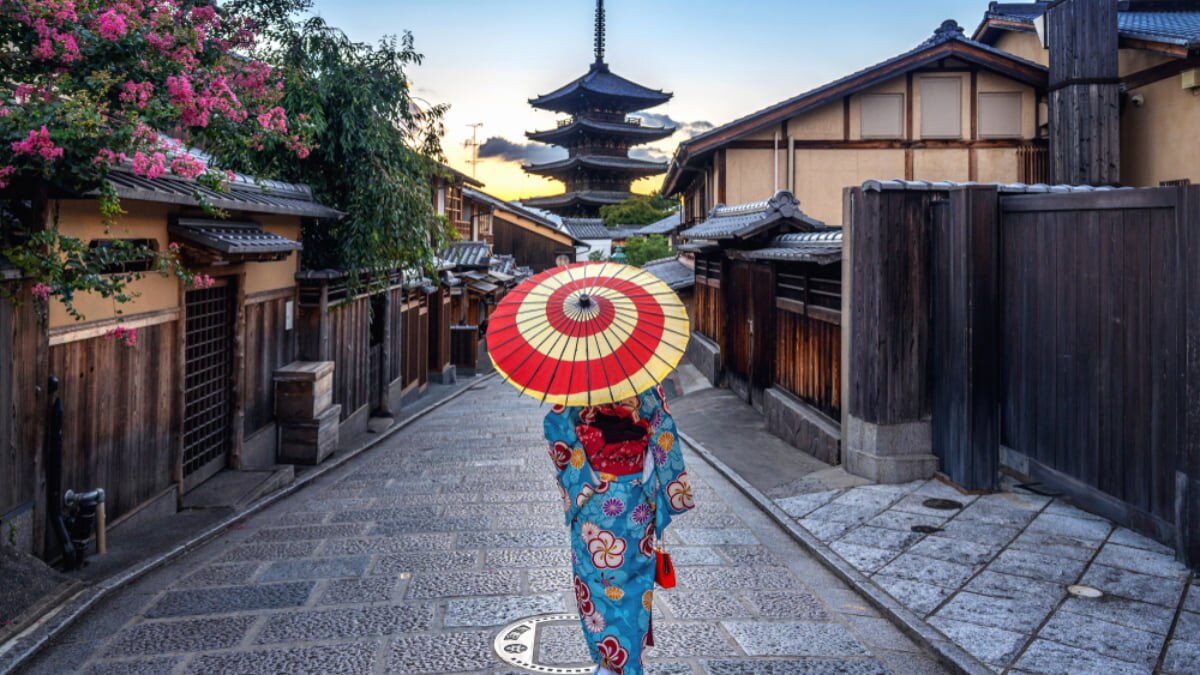Traveling in Japan can be pricey, with bullet train tickets, hotel rates, and meals often leading to unexpected expenses. However, with some savvy planning and insider knowledge, you can find ways to save yen while exploring the Land of the Rising Sun. From utilizing special travel passes to discovering local eateries, these tips can help you enjoy your trip without breaking the bank.
table of contents
[x] close
How to Save Money While Traveling Around Japan in 2020
Cashless Government Scheme
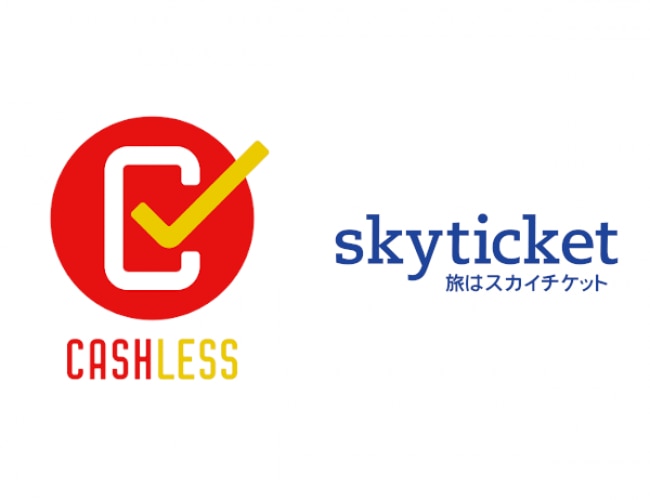
Photo by skyticket
In preparation for the 2020 Olympics, Japan is rapidly modernizing its payment systems, transitioning from a cash-dominated culture to a more cashless society. Many shops and restaurants are now participating in the government’s cashless rebate scheme, offering customers cashback of 2% to 5% when they use cashless payment methods. If you book through our website and pay using a domestic cashless method, you’ll also earn points as a form of cashback.
A convenient way to take advantage of this trend while traveling is to get a Suica or Pasmo card, especially for those visiting Tokyo. Originally designed for the city's transportation system, these cards are now accepted at thousands of restaurants and shops throughout Japan. The best part? Using these cards can earn you cashback compared to traditional cash payments. While initially limited to chain establishments, an increasing number of local businesses are joining the system thanks to government encouragement, making it easier than ever to enjoy the benefits of cashless transactions.
Business and Capsule Hotels

Photo by Mr. JK/Shutterstock
Capsule hotels may not be suitable for everyone, especially those who find it hard to sleep in confined spaces. However, business hotels offer a practical alternative for budget-conscious travelers. Although they may lack frills, these hotels provide everything you need for a comfortable overnight stay at an affordable price.
Another option to consider is Airbnb. All hosts in Japan are now registered, ensuring that the apartments meet safety and quality standards, so you can rest easy knowing you won’t end up in a questionable place. Plus, you can discover guesthouses and hotels that might not be listed on other booking platforms, giving you even more variety for your stay.
WWOOF

Photo by kazoka/Shutterstock
If you're really pinching pennies but can't shake off the desire to explore Japan, consider joining WWOOF. This global organization connects organic farms in need of extra hands with travelers eager to learn about farming or simply save on accommodation costs.
As a WWOOF participant, you'll trade your labor for meals and a place to stay. Just be sure to choose your hosts wisely, as some may view volunteers primarily as free labor. However, many hosts in Japan are genuinely interested in sharing their culture and rural lifestyle, offering you experiences that you wouldn't typically find on a regular trip. Some may even give you a ride around the area, showing you famous sites and local treasures along the way!
Rail Passes
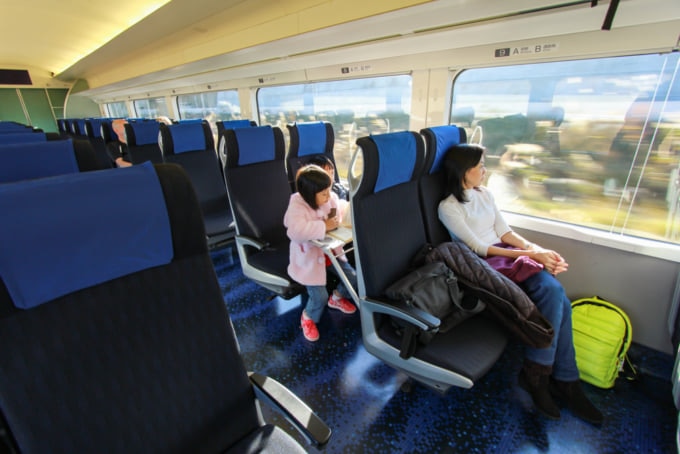
Photo by KTOGRAPHY/Shutterstock
For most eager visitors to Japan, the JR Rail Pass won't be anything new to them. Allowing you to dart your way around the country on the bullet trains known as shinkansen and other JR (Japan Railway) trains as much as you want for the duration of your pass. For those planning to take multiple bullet trains, it's a no brainier. However if you're only planning to go to Kyoto or Osaka and back then there's not much point as you'll end up paying more. Another danger is that the pass can end up rushing your trip, as you try to cram as many shinkansens into as short a time as possible. To get your money's worth and have the perfect trip, it can take a little planning. One tip is to only enable the pass once you're leaving the city, as you'll hardly save much using inner-city lines. There are also regional passes and seasonal passes such as the Seishun 18 that can be worth checking out too.
Highway Buses

Photo by sondem/Shutterstock
If you're looking to travel between cities while sticking to a budget, overnight buses can be a great alternative to the bullet train. Not only are these buses inexpensive, but they also allow you to save on a night's accommodation, making them an economical choice for travelers. However, keep in mind that you'll need to sleep on the bus, which might be challenging if you're a light sleeper. For those who prefer traveling during the day, there are also daytime buses available, but they can take considerably longer, cutting into your time at the destination. Balancing comfort and budget is key, so weigh your options based on your travel style and preferences.
Unconventional Overnight Options
While hotels in Japan can be pricey, there are plenty of ways to save on overnight stays beyond hostels and business hotels. If you're open to a different experience, consider spending the night in a booth at a manga cafe—locals often do this, and it’s a unique way to immerse yourself in Japanese culture. Alternatively, you can visit Oedo-onsen Monogatari, a 24-hour hot spring resort in the city. While there is a small surcharge for staying during the late hours, it's worth it for the experience. The facility has designated nap areas, so you'll find it surprisingly comfortable. Plus, you can unwind in a traditional hot spring before settling in for the night, making for a relaxing end to your day.
Food Options
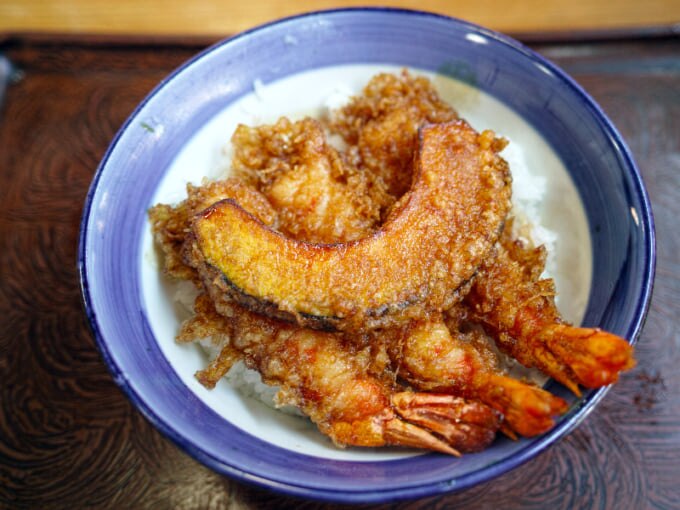
Photo by www.piqsels.com
Dining in Japan offers plenty of opportunities to save money without sacrificing quality. In major cities, you'll find numerous budget and chain restaurants designed for busy salarymen looking for a quick meal. Prices at these establishments can start as low as 400-500 yen, and the food is generally quite tasty—much better than typical fast food options in Western countries. If you need to pinch your pennies, supermarkets often have discounts on bento boxes and ready meals in the evening, allowing you to snag a meal for around 200 yen.
However, it's worth noting that food prices in Japan can vary widely, ranging from budget-friendly sushi for 300 yen to luxury melons that cost over 10,000 yen. To stick to your budget, it's wise to plan ahead and check where and what you want to eat.
Budget Airlines
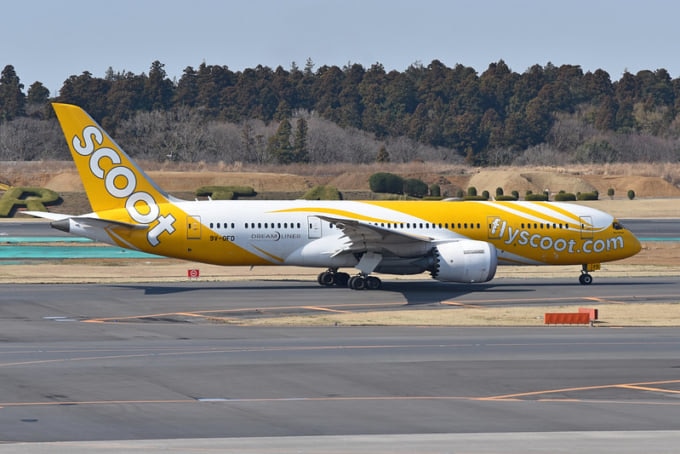
Photo by Alan Wilson/Flickr
Traveling around Japan by train and shinkansen may seem more romantic, but the costs can add up quickly, especially for long distances. A bullet train ride from Tokyo to Osaka takes just over two hours, which might make it tempting to consider flying instead. If sleeping on highway buses isn’t your style, budget airlines can be a great way to save on transportation costs. Carriers like Peach and Scoot frequently run promotions, offering seats for as low as 4,000 yen for routes between Tokyo and Osaka, among other destinations. For longer journeys, flying can save you both time and money, making it an appealing option. To find the best deals, start checking airfare comparison sites as soon as your trip is confirmed and follow domestic airlines on social media for updates on promotions.
Another way to potentially save is by flying into one airport and departing from another, which can help you avoid the cost of a return journey. For instance, you might fly into Tokyo from your home country and then fly out from Kansai Airport. While this option requires a bit more planning and may not always be cheaper, it can lead to significant savings, making it worthwhile to consider.
Conclusion
While many people believe that a trip to Japan is always going to be expensive, it's entirely possible to explore the Land of the Rising Sun on a budget these days. The main issue travelers face is often a lack of research. Without checking prices in advance, it’s easy to overspend on various aspects of your trip. If you’re watching your wallet, one major expense to avoid is taxis. Unlike in South Korea or China, taxi fares in Japan can be exorbitant; for instance, a ride from Narita Airport to central Tokyo can easily set you back over 20,000 yen.





